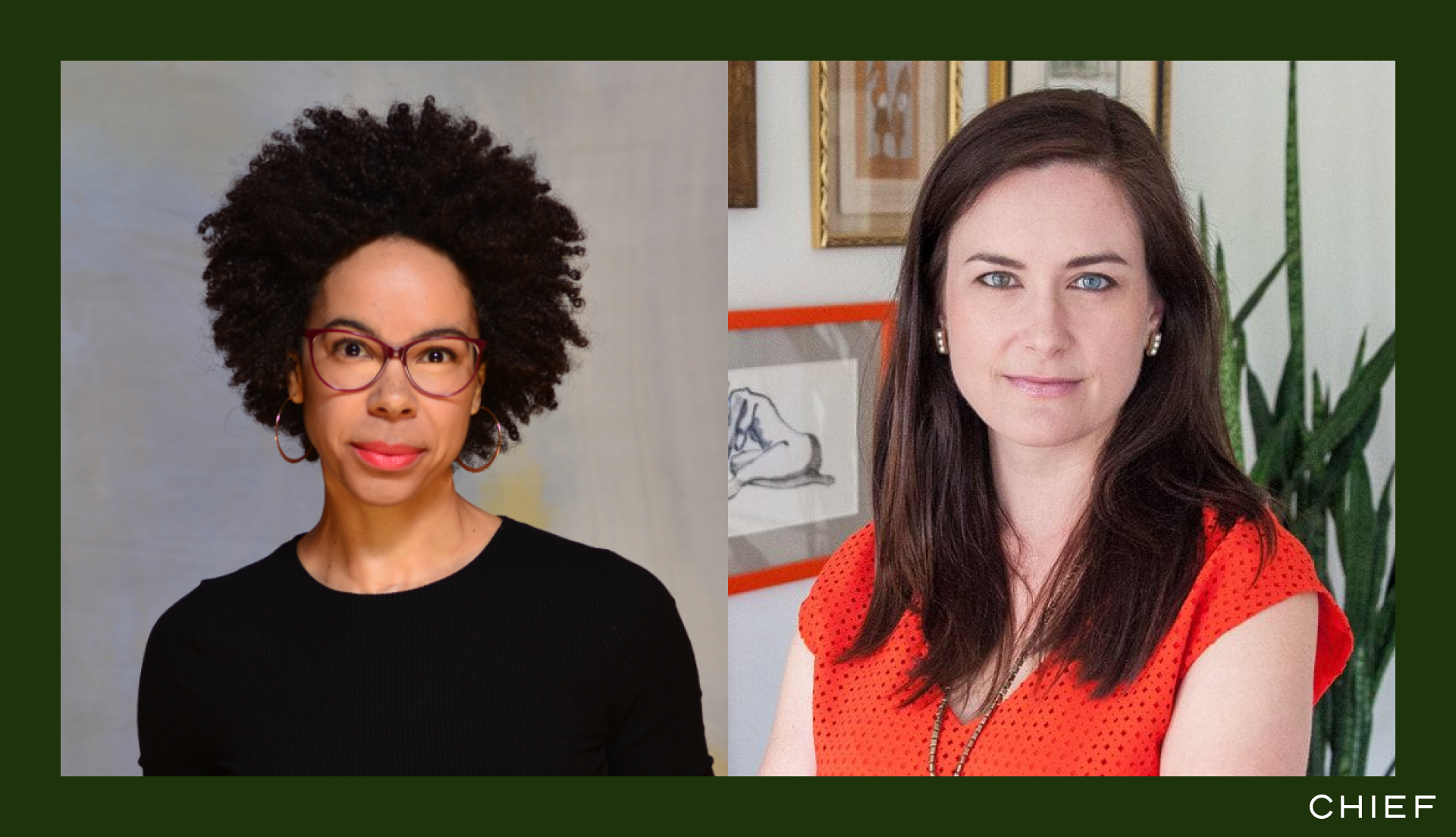More than five decades after the inaugural observation of Earth Day in 1970, the issues that environmental activists once rallied around are more salient than ever. From raging wildfires to increasingly turbulent hurricane seasons to dying coral reefs, it’s clear that the effects of climate change have already reached our doorstep. So what comes next?
Chief Members, marine biologist Dr. Ayana Elizabeth Johnson, and writer and geographer Dr. Katharine Wilkinson are co-editors of an essay collection titled All We Can Save. Featuring women across diverse fields within the environmental movement, Dr. Wilkinson explained that the time to center those voices is long overdue. "There’s been a relatively small cabal of white men who have dominated climate discourse, at least in the public square, and it’s not getting the job done," she said. "We need all of the perspectives at the table."
Even with evidence mounting that our environment is quickly approaching the point of no return, Dr. Johnson still finds that some corporate leaders are opting to stick to the status quo — a decision made at our collective peril. "Business as usual is the scariest thing I can think of," she explained. "We are sprinting off a cliff right now." Ahead, more details on why and how we should all join the cause for a better world.
Why This Should Be Our Cause
Adding more voices to the conversation around climate change is more than an issue of gender parity. "Climate and issues of equality are inseparable," Dr. Wilkinson said. "We know that girls and women — particularly girls and women of color in the global south who are rural, who are indigenous — are bearing the greatest brunt of climate impact." Those who are closest to these lived experiences are the ones who should be involved in designing solutions. Still, everything from media coverage to policy decision-making tends to shut these very demographics out of the conversation.
Individual Responsibility
There’s a generic and specific civic reaction. The generic: "Donate, march, vote, spread the word," and live a lifestyle that keeps the health of our environment in mind. That said, even when the vast majority of the world went into lockdown at the start of the pandemic, carbon dioxide emissions only went down by 6.4% around the world. It’s not nothing since we’ve been increasing emissions on average annually, but it is still not enough. "Do your best, but let’s all focus on the big picture," she said.
Corporate & Government Responsibility
"We need to transform our electricity, our transportation, our manufacturing, our buildings, our agriculture, our land use. Those are the major categories of emissions, and we need to get all of them to zero as fast as possible," Dr. Johnson says, which is why those of us who are in leadership positions can use our influence and power to change more than just their own individual carbon footprint, driving impactful corporate and government policies. While corporate responsibility is crucial to any course-correcting campaign, the government also needs to get behind the cause in a major way — which means that we should be thinking about our down-ballot vote and holding local officials accountable when it comes to climate action.
When it comes to the work that’s required to steer our planet away from climate disaster, there’s no room for equivocation. "We’ve definitely got our work cut out for us," Dr. Wilkinson said, noting that scientists don’t tend to rely on hyperbole — so when they say radical change is necessary, we should commit to doing just that. Still, Dr. Johnson pointed out that remembering what we’re working for as opposed to what we’re fighting against is a helpful way to reframe the discussion and boost our motivation, asking, "What is this regenerative, abundant, artistic, creative, nurturing future that we could have if we all do our part to shift corporate practices, government policies, culture, and the status quo?" It’s a world that we haven’t created yet, but it’s certainly worth the work to see it through.
